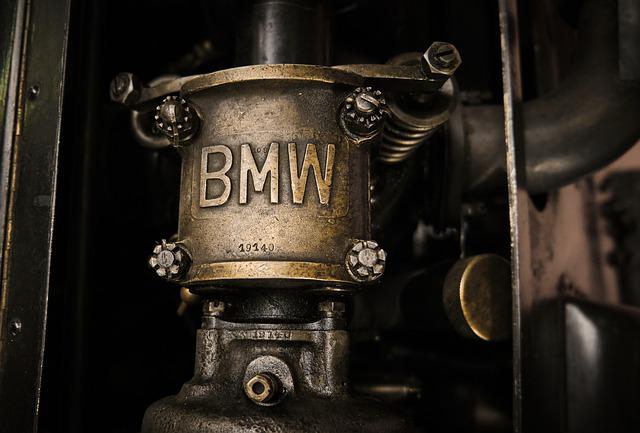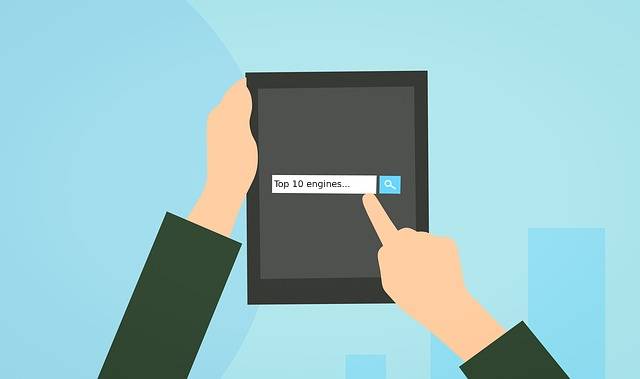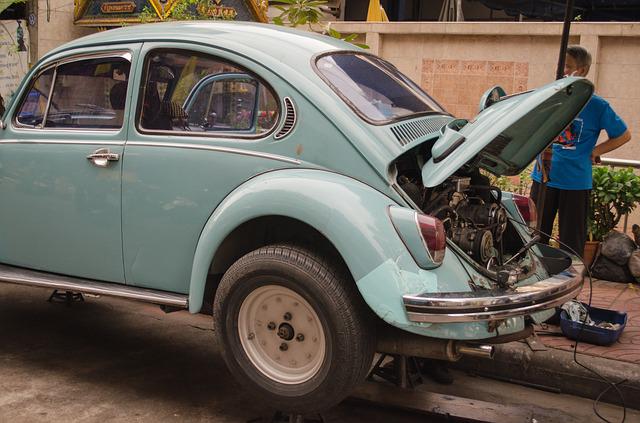Overheating Transmission: Causes and Solutions
Find Used Engines and Transmissions for a Great Price! Live Assistant For Used Engines Call 1800-518-9776

An overheating transmission can quickly turn a smooth drive into a nerve-wracking experience. When your transmission temperature rises beyond normal levels, it poses a serious threat to your vehicle's health and performance.
In this blog, we will delve into the various causes, symptoms, and effective solutions to address overheating transmissions. By understanding the root of the problem and taking proactive measures, you can prevent extensive damage, expensive repairs, and ensure a safer and more enjoyable driving experience.
Why is it important to fix an Overheating Transmission?
1. Prevents Expensive Repairs:
Addressing overheating issues promptly can prevent severe damage to the transmission, avoiding costly repairs or even the need for a full transmission replacement.
2. Ensures Smooth Gear Transitions:
Fixing overheating ensures smooth gear shifts, reducing hesitation, slipping, and jerking during driving, resulting in a more comfortable and safer ride.
3. Preserves Transmission Health:
Resolving overheating problems extends the lifespan of your transmission, allowing it to operate efficiently and reliably for years to come.
4. Avoids Breakdowns:
An overheating transmission can lead to breakdowns and leave you stranded on the road. Fixing the issue ensures your vehicle's reliability and reduces the risk of unexpected breakdowns.
5. Improves Fuel Efficiency:
A properly functioning transmission operates more efficiently, contributing to better fuel economy and saving you money on gas.
What Causes an Overheating Transmission?
1. Low Transmission Fluid:
Insufficient fluid levels can hinder proper cooling and lubrication, leading to increased friction and heat buildup.
2. Excessive Load:
Towing beyond the vehicle's capacity or carrying heavy loads can strain the transmission, causing it to overheat.
3. Faulty Cooling System:
Malfunctioning radiator, cooling fan, or transmission cooler can impede heat dissipation, causing the transmission to overheat.
4. Severe Driving Conditions:
Driving in extreme heat, stop-and-go traffic, or steep inclines can put excessive stress on the transmission, leading to overheating.
5. Worn Transmission Components:
Worn clutch components, bands, or gears can cause increased friction, generating excessive heat within the transmission.
How to fix an Overheating Transmission?
1. Check Transmission Fluid Levels:
Ensure the transmission fluid is at the correct level and top up if necessary with the manufacturer-recommended fluid type.
2. Address Cooling System Issues:
Inspect and repair any faults in the radiator, cooling fan, or transmission cooler to improve heat dissipation.
3. Upgrade Transmission Cooler:
Install a larger or more efficient transmission cooler to enhance cooling capacity and maintain optimal temperatures.
4. Replace Worn Transmission Components:
Repair or replace worn clutch components, gears, or bands to reduce friction and heat generation.
5. Perform Transmission Flush:
Flush the transmission system to remove contaminated fluid and improve its cooling and lubrication properties.
Conclusion
An overheating transmission is a pressing issue that demands immediate attention. By understanding the causes, symptoms, and effective solutions, you can take proactive steps to prevent overheating, preserve your transmission's health, and avoid costly repairs. Regular maintenance, proper driving habits, and professional assistance when needed will keep your transmission cool, ensuring smooth gear transitions and a safe, reliable, and enjoyable driving experience on every journey.
Explore our extensive inventory of top-quality used transmissions at Used Engines Inc to find the perfect match for your vehicle and ensure a smooth, reliable, and enjoyable driving experience. Don't let an overheating transmission hold you back - browse now and revive your ride!
related
You May Also Like

Which BMW Has the Most Horsepower?
A car is useless if it doesn’t have good horsepower. Just imagine driving your car with sluggish acceleration and it drags on the road whenever you take it for a spin.
Read Article
10 Best Engines Made So Far By Top Engine Manufacturers
Over the years, the car industry has seen major changes. Car engines have become smarter and it looks like every new engine that rolls out is better than the other.
Read Article
How to Make Your Car Last Forever?
Isn’t it lovely when a new car works the way you want? The gears shift smoothly and the wheels roll without dragging against the road. But as your car gets older, you’ll notice that it doesn’t drive smoothly, has lower fuel mileage, and overheats easily.
Read Article